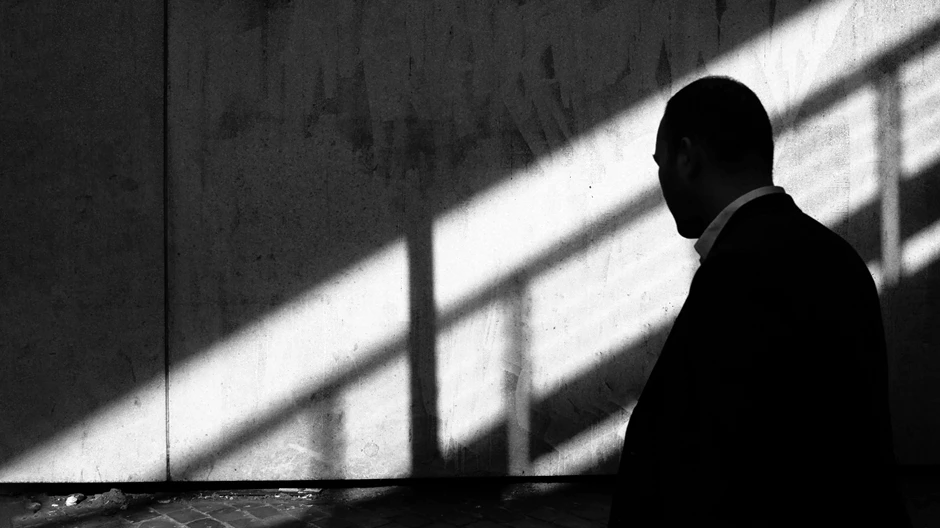It appears to be a season of Indian spies getting nabbed or identified for messing up with their espionage work in foreign countries. Spies, often masquerading as diplomats the world over, gather intelligence while working in different countries presumably to serve the interests of their own country. They also are mandated to foil attempts to destabilise or harm their countries. As such their work is recognised as legitimate and normal diplomatic activities and the host nations are usually aware of who all are into it and from which embassies. But, when protocols are breached or diplomats engaged in subversive activities bordering on criminality are caught, problems begin.
The issue has attracted global attention and Indian diplomats are at the centre of alleged shady operations. It all started with the charge levelled by Canadian Prime Minister Justin Trudeau that an Indian spy working in the diplomatic services in Canada had a hand in the killing of Khalistani activist Hardeep Singh Nijjar on Canadian soil. Before the hue and cry and allegations and counter-allegations by both sides subsided, a no less serious complaint was made by the US which accused an Indian spy working in the diplomatic services in America of plotting to kill a Sikh, supposedly a separatist, with the help of operatives. Now, it is the turn of the US itself to have egg on its face after a sensational revelation that one of its spies had, for the past four decades, been working as a double agent for Cuba.
US prosecutors termed it one of the most brazen and long-running betrayals in the history of the US foreign service after Manuel Rocha was charged in Miami federal court that he had engaged in clandestine activity on Cuba’s behalf since at least 1981. As he sat handcuffed and wept in the courtroom, prosecutors revealed he had been meeting Cuban intelligence operatives and providing false information to US government officials about his contacts.
The complaint is short on specifics of how Rocha may have assisted Cuba. But it provides a vivid case study of what American officials say are long-standing efforts by Cuba and its sophisticated intelligence services to target US government officials. This action exposes one of the highest-reaching and longest-lasting infiltrations of the United States government by a foreign agent, Attorney General Merrick Garland said in a statement. The 73-year-old Rocha was arrested by the FBI at his Miami home late last week.
The American spy’s case appears rather straightforward compared to the alleged activities of Indian spies and their agents. It is a commonplace occurrence the world over that spies of different countries act as double agents. This is done for their private gains which come when they betray the interests of their own countries. What is not so infrequent is spies killing or plotting to kill supposed enemies of their country on foreign soil where the latter have taken shelter as citizens of those countries. This is the reason why the 15-page indictment filed by the US Department of Justice against an Indian national, believed to be directed by an Indian government official for attempting an assassination plot against US-based Khalistani separatist Gurpatwant Singh Pannun, is so disturbing. The indictment is based on details of communications between the accused, an illicit drugs and arms dealer, Nikhil Gupta, with a serving senior and identified Indian government intelligence officer and two men in the US, who were allegedly engaged to kill Pannun.
As the incident came to light soon after Canada had accused India of engineering the killing of Nijjar, the credibility of India’s foreign services has come under a cloud. What is even worse is the different responses of the Indian government to Canada and the USA. The foreign ministry dismissed outright the involvement of any of its diplomats in the killing of Nijjar and took retaliatory action against the Canadian diplomatic corps in India. But, when the US levelled similar charges, India pleaded ignorance and announced a probe. The irony is both the USA and Canada belong to the “Five Eyes” group of countries that share intelligence with one another and act in tandem in such situations. Canadian allegations will directly impact India’s ties with all these intelligence partner countries.
India’s credibility as a country that claims to take principled approach on international issues is under a question mark for what appears to be needless adventurism. The US needs India in dealing with China for its own strategic reasons. That seems to have injected into New Delhi a false sense of pride and importance in the international arena. It appears to believe it can get away with whatever it does. Some of the utterances and conduct of External Affairs Minister S Jaishankar have of late created such an impression.
India needs to watch out and not misstep.
